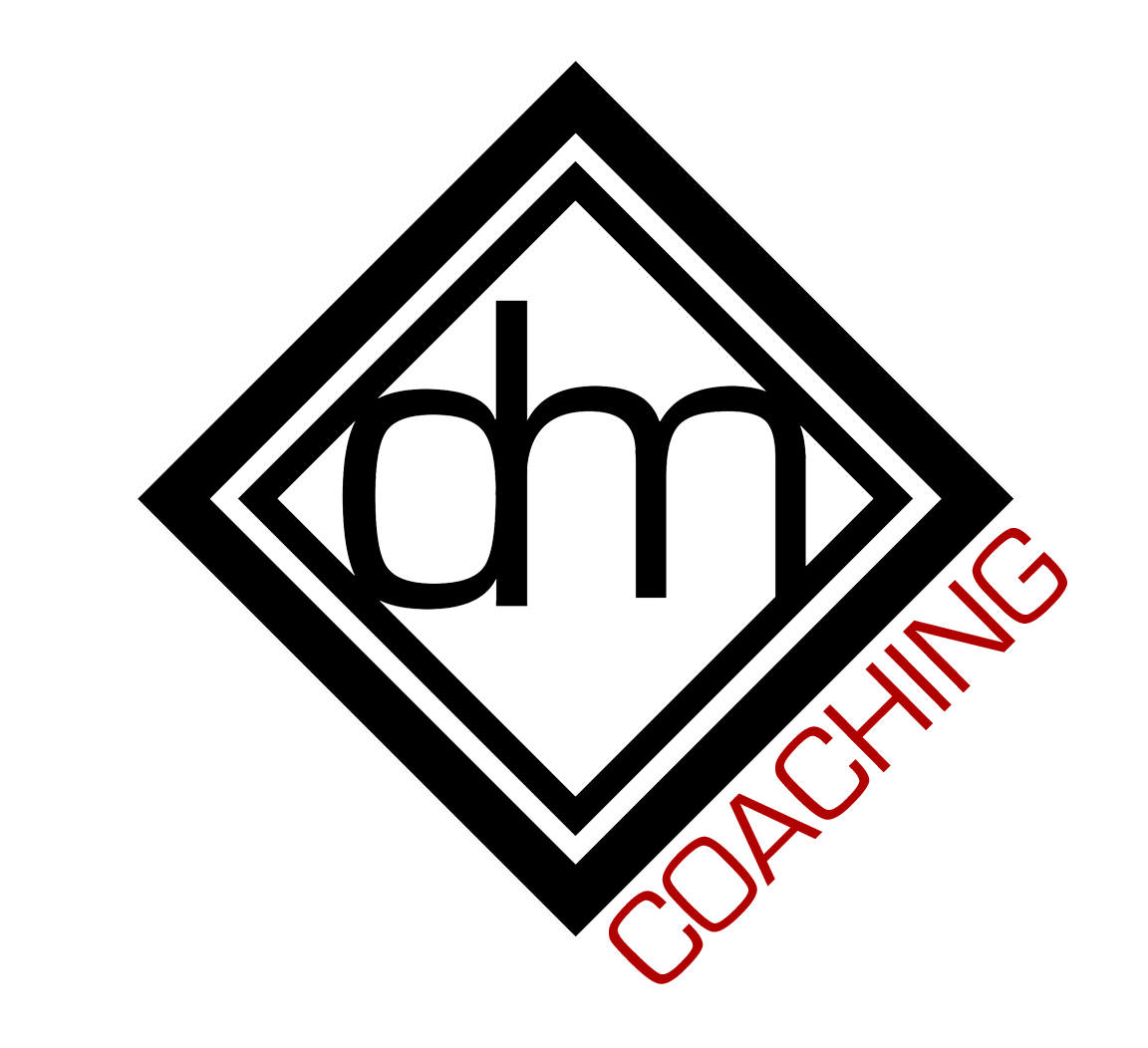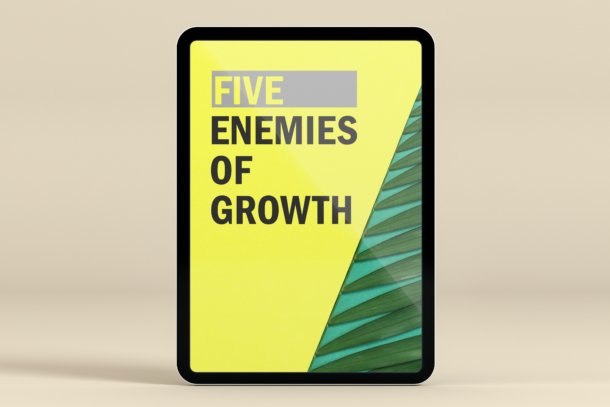Although you can’t control the things in life that come up and pull your attention, you can control your response to those things. Your ability to refocus and handle the unexpected will be incredibly important to your success. When you allow distractions to rule your emotions, you lose any ability to maintain control over your decisions. [bctt tweet="Your ability to refocus and handle the unexpected will be incredibly important to your success." username="dukematlock"] Distraction is an enemy of growth; here’s the data to prove it, and how to practically handle life’s distractions. Andy Puddicombe, speaker and Headspace founder, said in his TedTalk that our minds are lost in thoughts over 47% of the time. Isn’t that crazy? Almost 50% of the time, we’re thinking about something other than what we’re supposed to be thinking about. And it’s a wonder how any of us get anything done! Here are three steps to help rid yourself of the distractions that are keeping you from growth:
Identify your most common distractions.
What’s your weakness? Is it rooted in social media? Your family or friends? Maybe it’s your email, or the news, or the thousands of other types of distractions we’re faced with every day. Hubspot recommends keeping a log of what you do inside and outside of work for one week and reviewing what takes most of your time each day.Create a “distraction destruction” plan.
Things like social media and email distractions are a little easier to deal with than, say, an unexpected disaster that catches you off guard in the middle of a chaotic day. But dealing with the small stuff accordingly allows you to make more time for when the big stuff does happen. Self-control and willpower are like muscles — they need to be exercised every day. And the stronger you build them, the easier larger distractions will be to tackle. [bctt tweet="Self-control and willpower are like muscles — they need to be exercised every day." username="dukematlock"] How are you going to respond to distractions? How are you going to proactively try to rid your day of them? Use the data you collect in your distraction log to help you decide what actions need to be taken. If emails take up the majority of your day, create a distraction destruction plan specifically for that. Or, if family issues have consumed your every thought, create a plan of action that will help you properly prioritize that so you can focus on what you need to when you need to. For technology-related distractions, check out this article for tips that will help you stay focused during the workday.Turn your plan into habits.
The more time you spend facing distractions head-on, the easier it will be to respond to them in a healthy way. Each distraction destruction plan should be a guide for your everyday routines. It’ll be hard at first, but — with time — combating distractions will be an active part of your life. You don’t have to let distractions define you!LIKE THIS POST?
Sign up to receive my posts via email and get a FREE copy of 21 Actions to Jumpstart Momentum!
[activecampaign form=3]]]>
